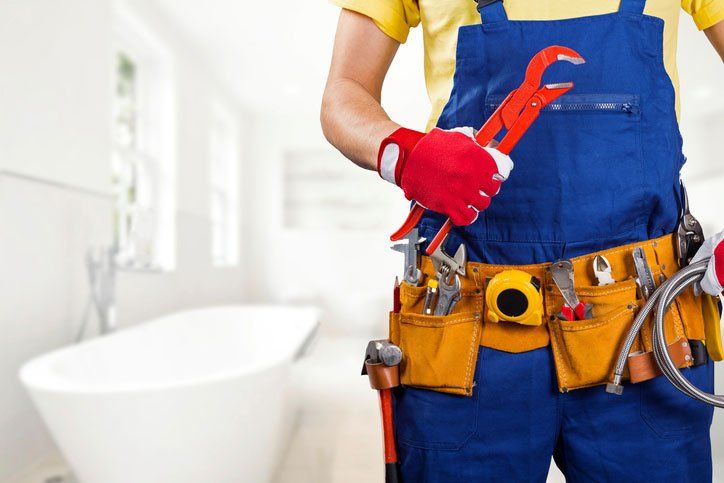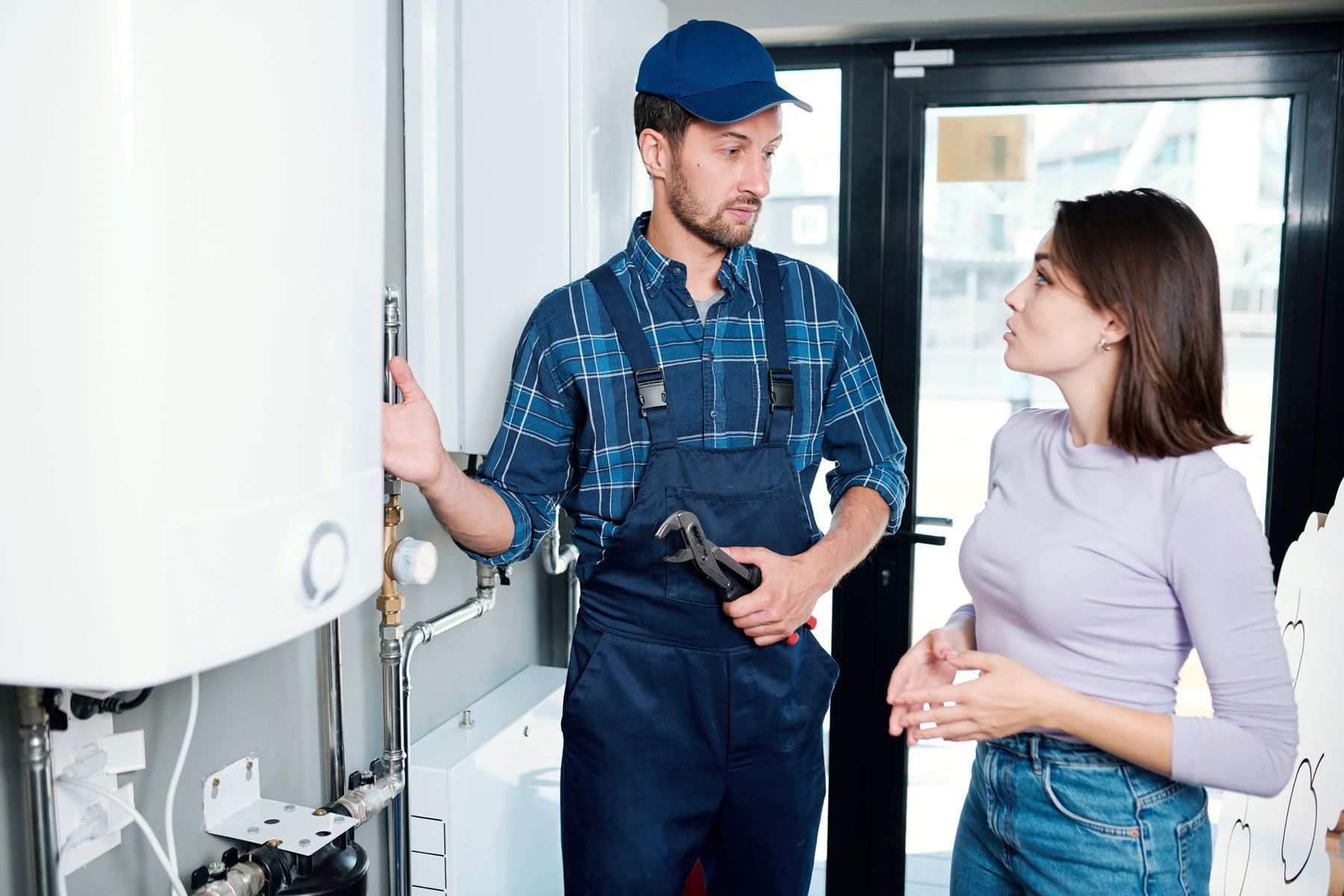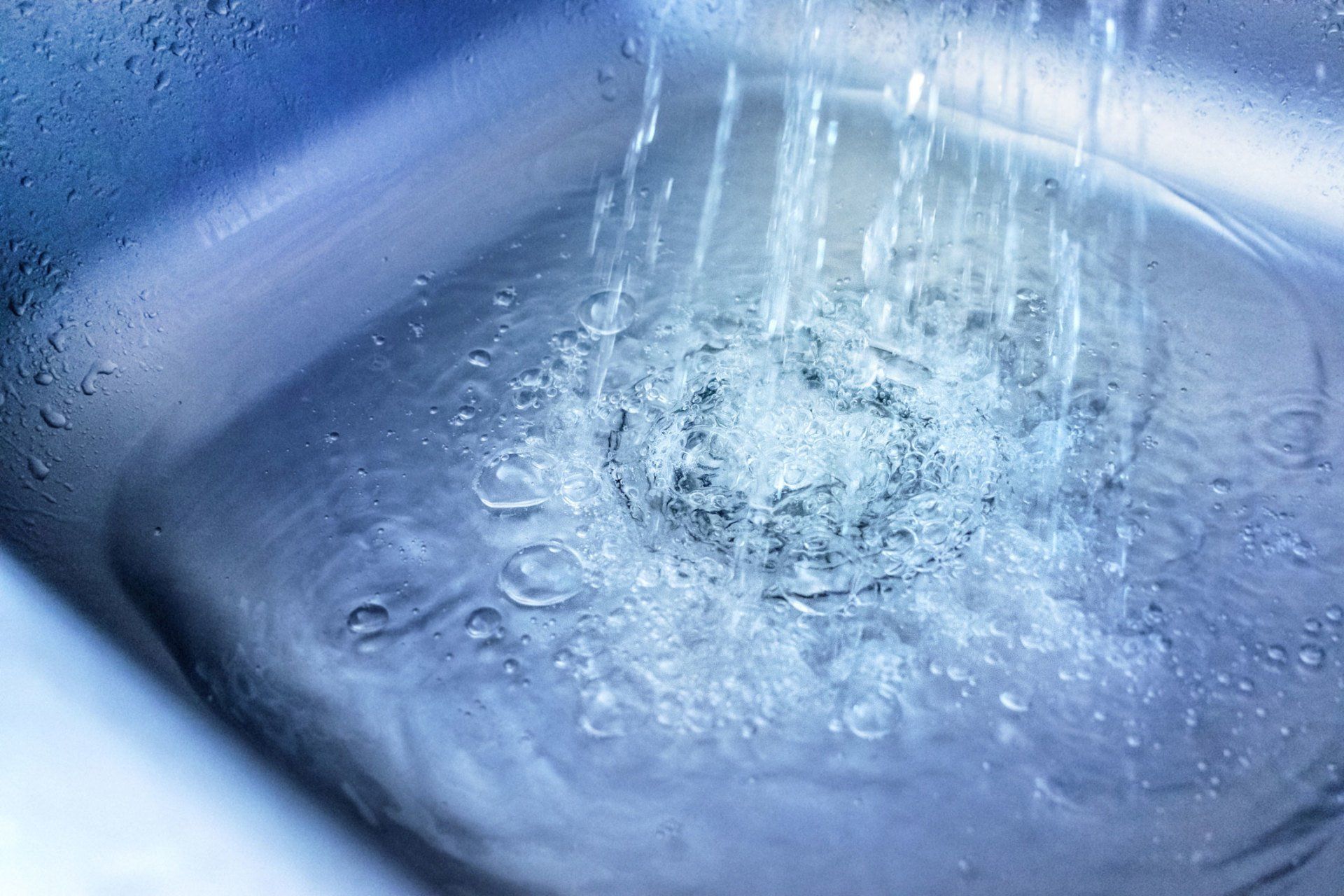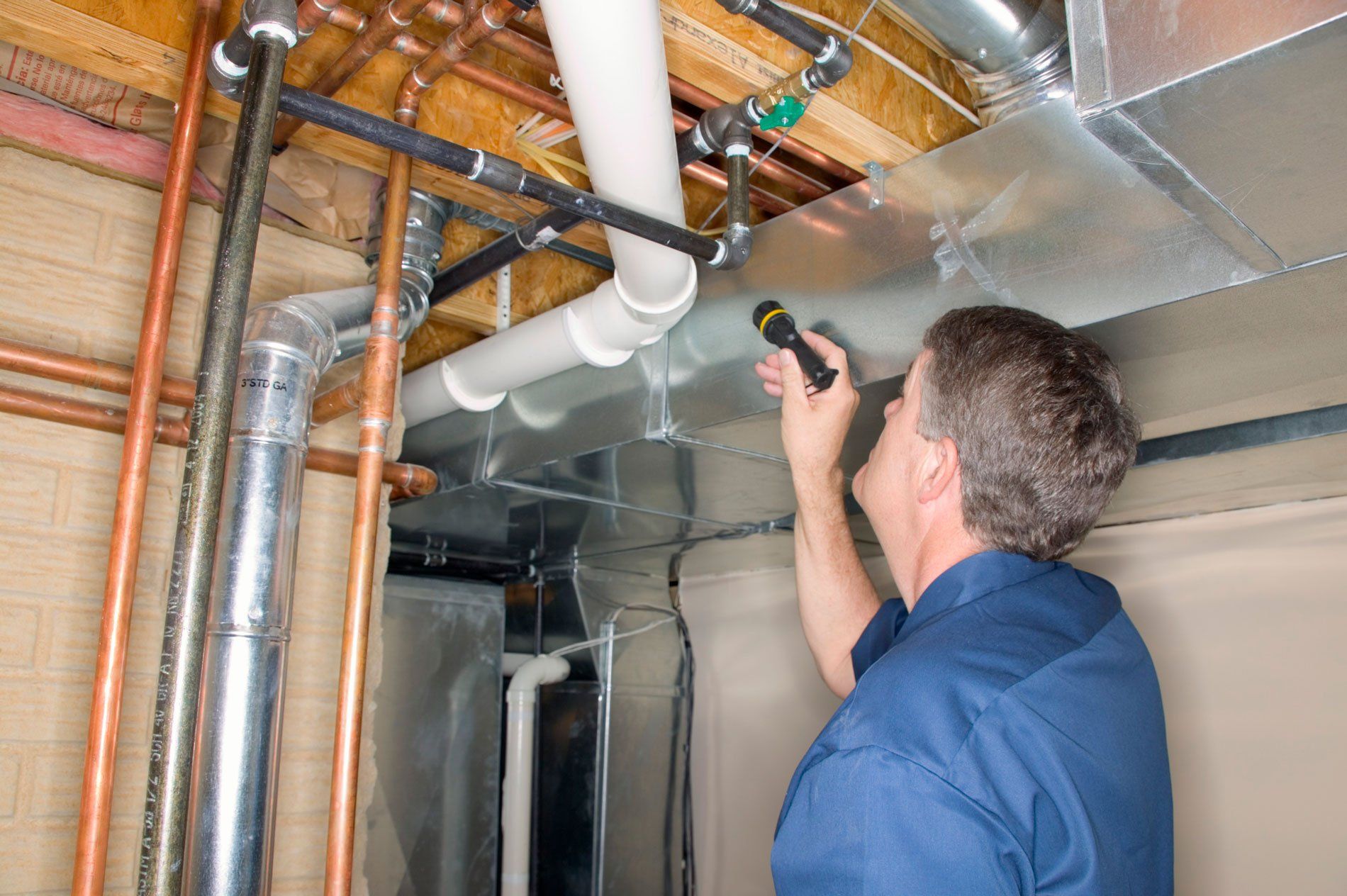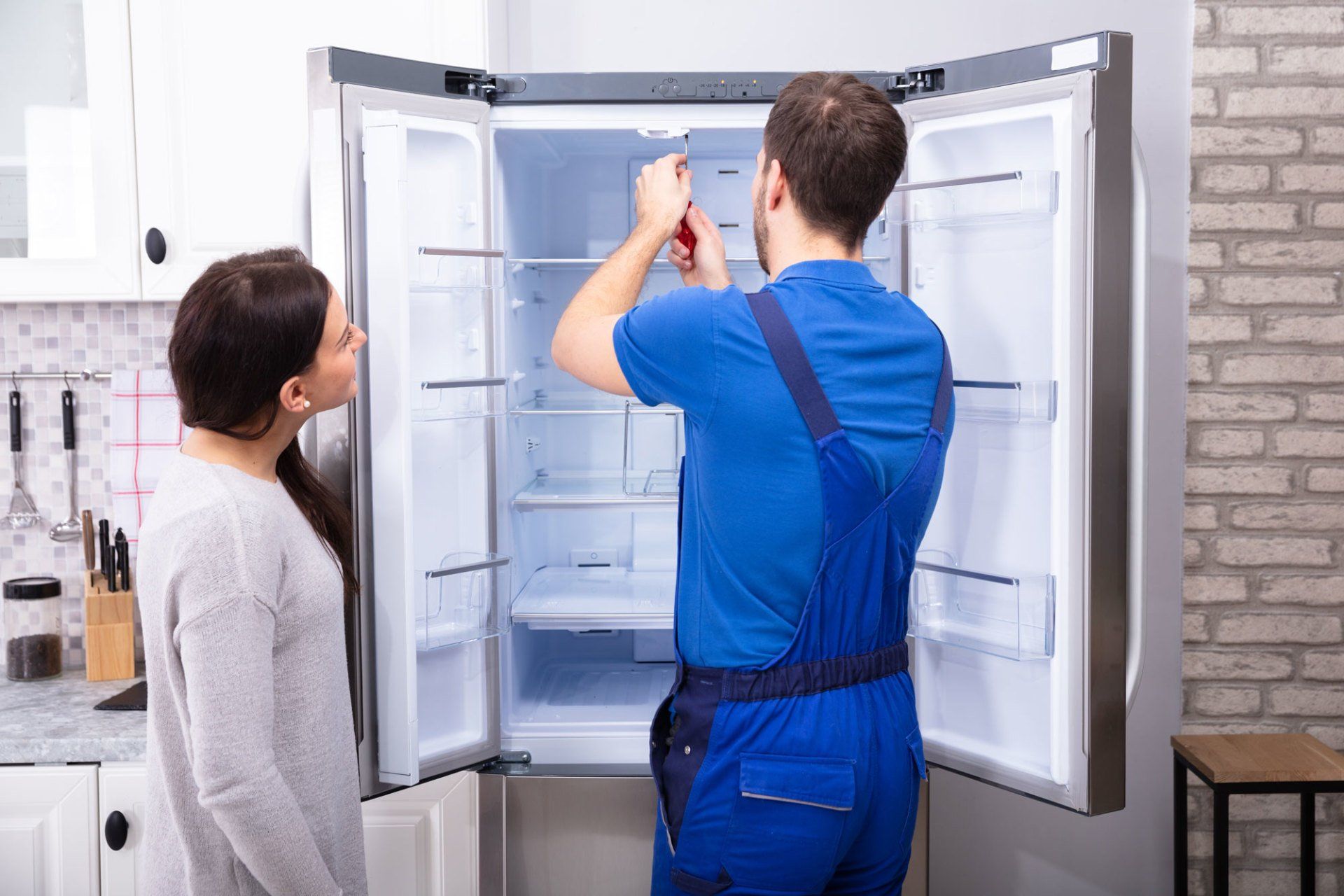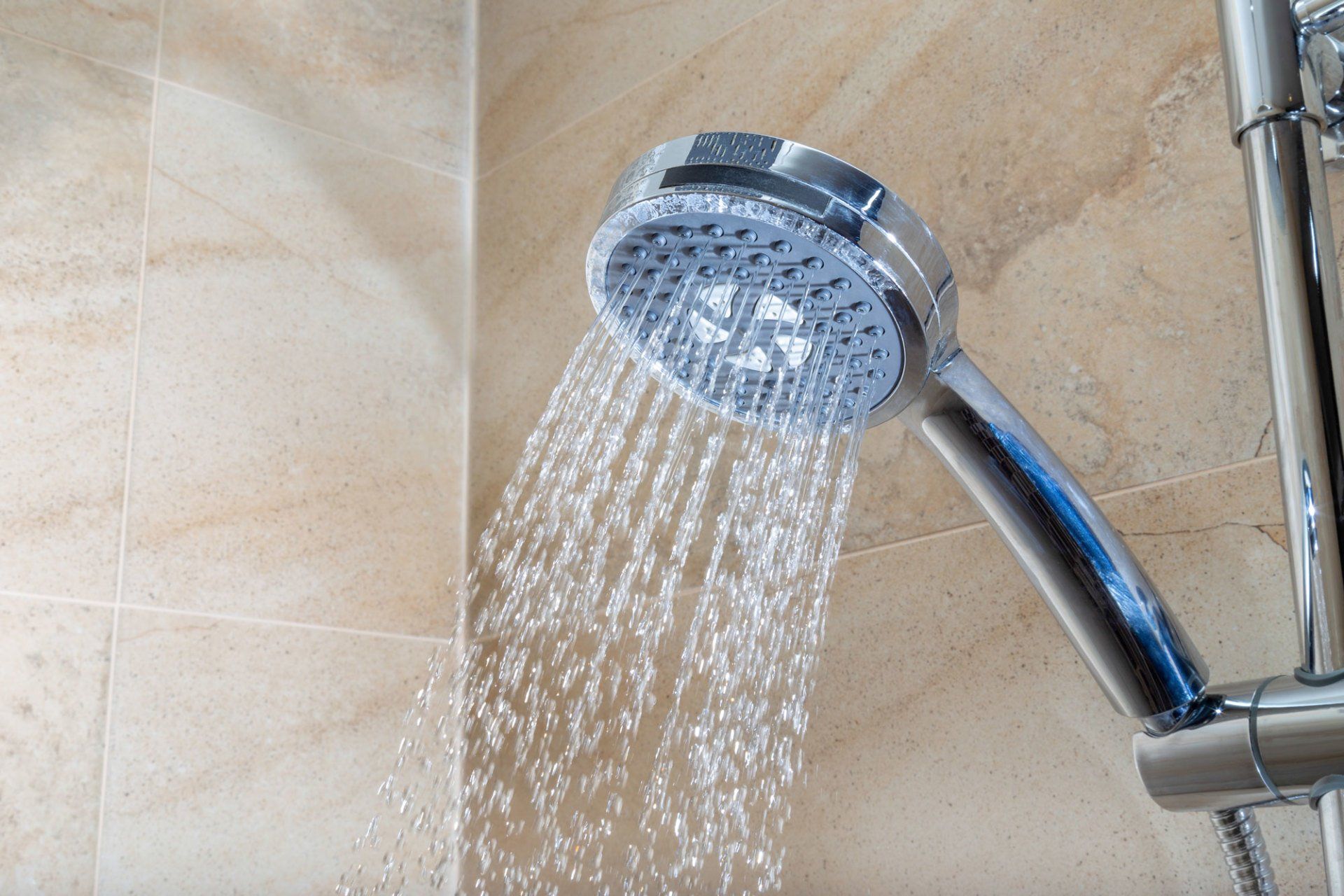1A Florida Plumbing, Inc.
Blog Layout
Rats and Your Plumbing: What to Know
admin • Mar 18, 2019
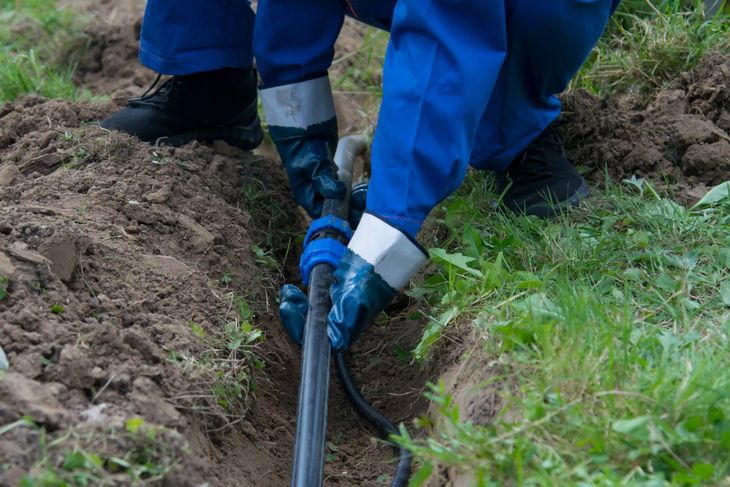
Plumbing systems experience enough strain through yearly wear and tear without having to worry about rat-based damage. Unfortunately, these rodent pests may severely damage the operation of a home's plumbing in a multitude of ways. Thankfully, homeowners can prevent and repair this damage using a few simple techniques.
Rats May Slowly Chew Through Water Pipes
Rats love to chew, and they may start chewing through pipes - particularly at weak areas such as joints or damaged spots - to gain access to a home or to the water inside. Rodents may even create small nests near the openings of pipes that provide them with a secure home and easy access to water sources.
These activities could trigger a multitude of severe plumbing problems if the infestation is allowed to worsen without repair. First, your pipes will leak, costing you money on wasted water. However, the more serious problem is potential clogs.
Rats May Trigger Clogs
When rats take up residence in pipes, they create a broad array of debris that may trigger clogs. For example, they'll bring in sticks, mud, and other elements to build a physical nest. Even worse, their fecal matter and waste can quickly build up and potentially cause clogs. This risk increases if the rat reproduces.
Additionally, if a rat dies in a pipe and bloats up while rotting, the corpse could create a serious clog. In some instances, the clog may be so severe that the pipeline could burst. Therefore, homeowners need to take several steps - including exclusion and repair - to ensure that their home's plumbing system doesn't experience severe problems.
Exclusion Keeps Rats Out
A home suffering from rat-based damage typically has areas where rats can easily invade. For example, an opening of one-half inch is more than large enough for a typical rat to squeeze through. These types of openings typically occur in areas where pipes and other elements jut out of a home, providing easier access for these rodent pests.
However, high-quality exclusion techniques can seal pipe openings using strong wire mesh or other sturdy materials. These gratings keep rats out but allow water to flow in and out of the pipe smoothly. Plumbers can perform some pest exclusion techniques, though more specific exclusion - such as sealing off non-plumbing areas - may require the use of other experts.
Plumbing Repairs Reverse Rat Damage
Once a homeowner uses exclusion to keep rats out of their home's plumbing system, various pipe repairs can minimize the spread of rat-based damaged. For example, repairs to pipes - including replacement, if necessary - ensure that leaks don't worsen. Just as importantly, repairs to areas such as pipe joints and seals can keep a system closed and protected from rats that may want to access your plumbing in the future..
In many cases, these repairs start with the use of a CCTV camera system. These camera-based inspection systems feed into a home's plumbing and spot damaged areas quickly and efficiently. Some of these systems utilize 360-degree inspection to check for rat-based damage on every side of a potentially-damaged pipe or plumbing system. This way, you'll be sure that you've fixed all the problems.
Expert Plumbers Provide the Best Repair Help
The severe damage rats cause to plumbing systems makes high-quality professional repair an absolute necessity. So if your plumbing system experienced damage from rats, please don't hesitate to contact us at 1A Florida Plumbing Inc.
today to learn more. Our experts will work hard to find out where the rats are invading your system and repair any damage these pests cause to your home's plumbing.
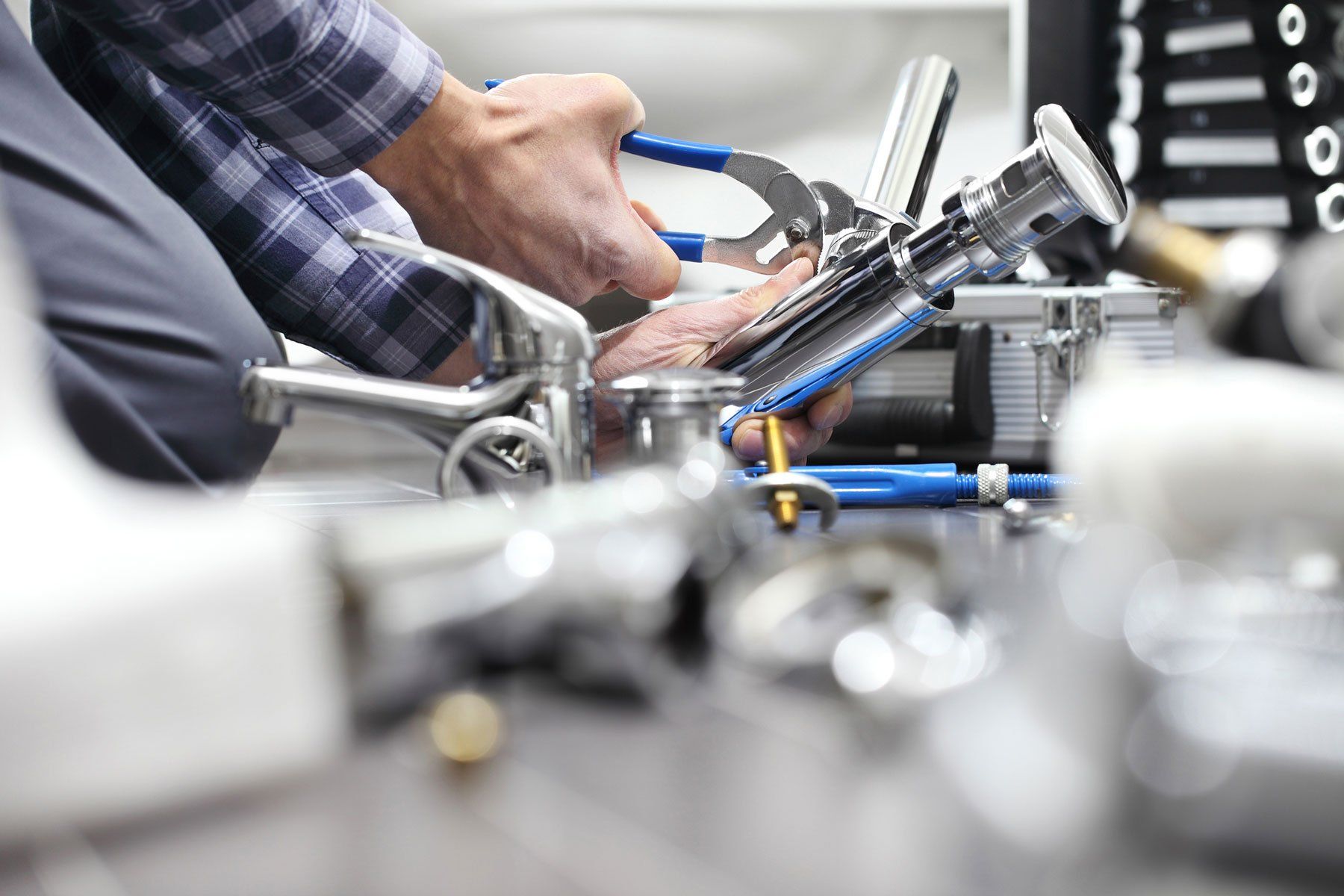
By admin
•
17 Jan, 2019
Did you know that water pipes have a limited life expectancy? Of course it makes sense because nothing lasts forever. But if anything were to last forever, it would be solid chunks of metal, right? Sadly, several forces, such as the corroding effects of water, can come into play and make your pipes unsafe or unstable and leaky over time. Here are some signs that your home may new water pipes this season.
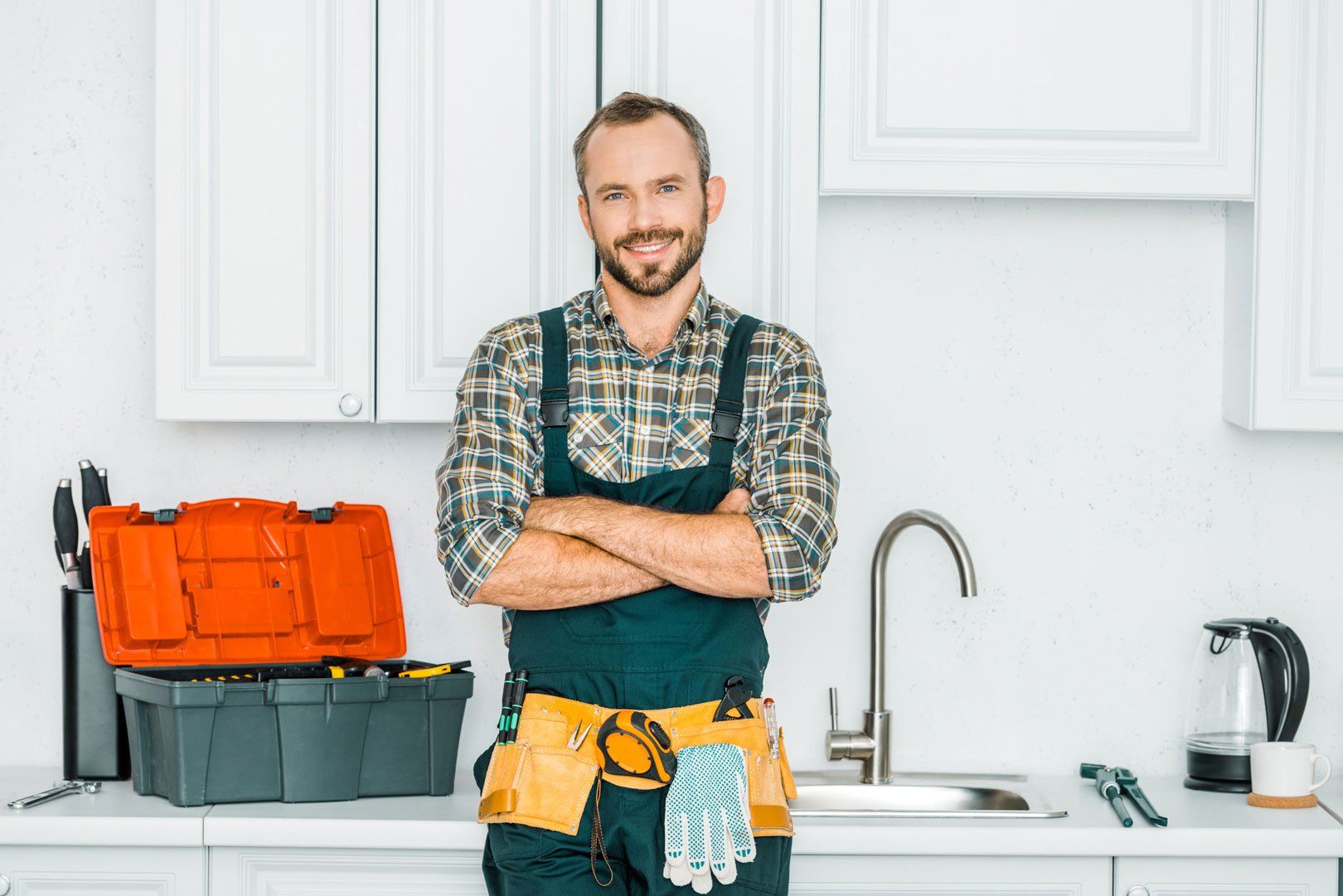
By admin
•
21 Sep, 2018
Most parents, even first-time parents, know the basics of child-proofing a house: including checking for sharp corners, stowing easy-to-grab items higher up, and adding child locks to cupboards, drawers, and doors. However, other parts of your home need an update for a baby that you might not realize, including your plumbing. Follow these simple tips to help your plumbing handle everything your new bundle of joy throws at it.
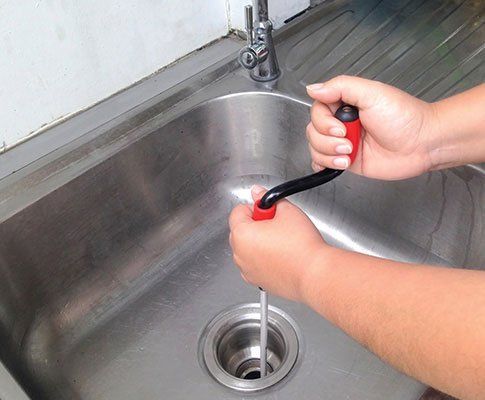
By admin
•
19 Jul, 2018
Plumbing clogs can be a big drag, especially in the summer when you're having yard parties and taking care of kids off from school. Luckily, you can do a few things to avoid clogs in your plumbing this summer. These tips will help you take care of your pipes and keep your home safe from clogs.
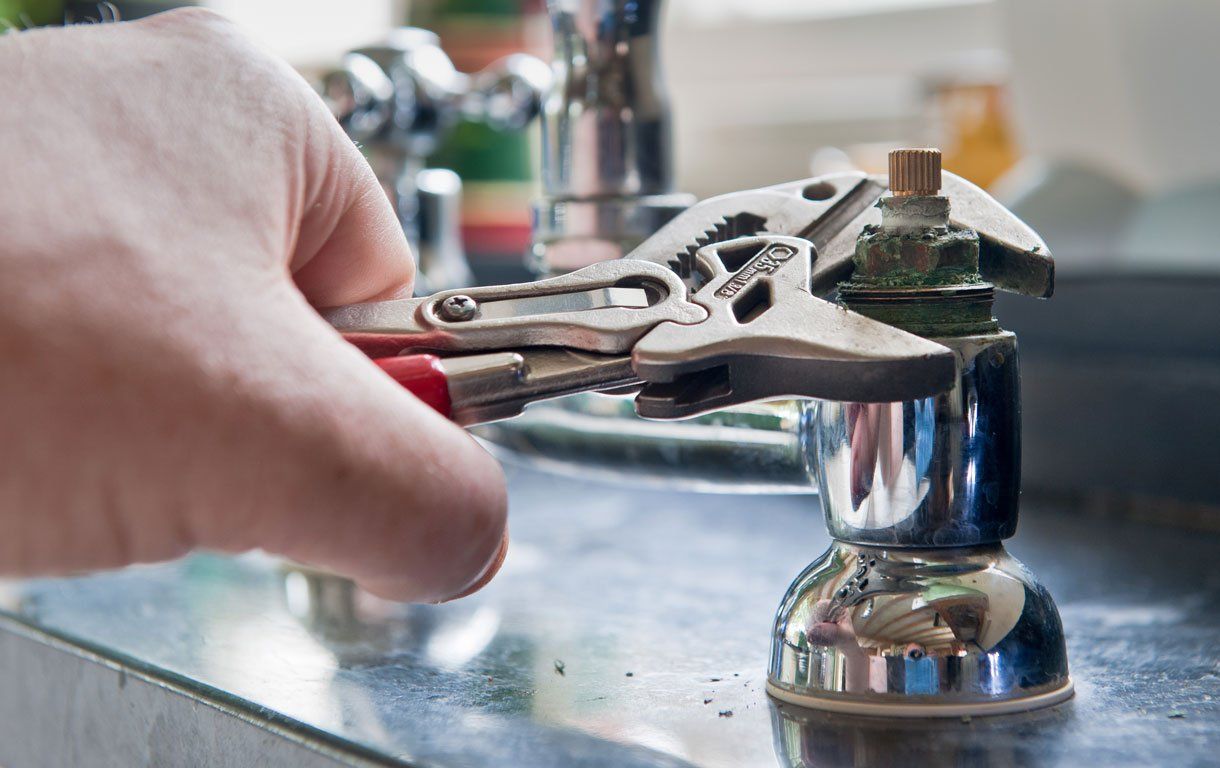
By admin
•
23 Mar, 2018
Most homeowners have experienced the occasional drain clog. You plunge the drain or perhaps use a drain snake, and the drain starts flowing again. Having every drain in your home slow down or stop draining at the same time is a different story. A plunger won't be of much assistance in this case. In fact, the correct way to address the problem depends on its cause. There are three main reasons why your whole plumbing system may stop draining at once. A Full Septic Tank If your home's drains empty into a septic system, your drain problems might indicate that the tank is full. Solids like human waste and toilet paper sink to the bottom of the septic tank, and they accumulate faster than they break down. When the solids start taking up too much space, there's not enough space left for water - so the water and waste you send down the drain won't have anywhere to go. Other signs that you need to pump your septic tank include smelly odors in your yard, toilets backing up, and excessive wetness in your yard. Luckily, your septic company can pump your septic tank in the span of a few hours, and your drains should flow freely again. Going forward, have your septic tank pumped every three years to prevent slow drains. If you flush cat litter, feminine hygiene products, paper towels, or anything other than human waste and toilet paper, solid waste will build up in your tank faster than normal and may lead to the need for more frequent pumping. A Blocked Sewer Line If you live in a more suburban or urban area, your home may be connected to a sewer system rather than a septic tank. There's a large pipe, about four inches in diameter, that carries all of your waste and wastewater into the public sewer line. The main drain line is prone to clogs, and when it does clog, every drain in the home can slow down or become blocked completely. Signs of a clogged sewer line are similar to those of a full septic tank. Every drain will slow down, and you might notice foul odors coming from your drains. Sometimes, sewage may back up into a sink or tub. Water may also back up into your washing machine. Your plumber can locate a main sewer line clog using a specialized camera. Many clogs are caused, at least in part, by tree roots growing into the line. Your plumber may mechanically remove the tree roots or even replace the overgrown line if the root growth is substantial. In the meantime, avoid flushing anything other than human waste and toilet paper. Napkins and wet wipes can get caught on roots and make the clog worse. A Plugged Sewer Vent Many homeowners do not realize that their sewer pipes have vents. The vents allow gas to escape, keeping your sewer lines at a low enough pressure to allow them to drain. Most sewer vents are on the roof. They can become clogged with snow, leaves, animal nests, or sewage. When a sewer vent blockage causes slow drains, you'll often notice gurgling noises coming from the drains. You may even see bubbles coming up into a full sink or toilet. The solution for a blocked sewer vent depends on what's causing the blockage. Your plumber can clear snow away and extend the vent to prevent future snow blockages. If debris is to blame, your plumber may use a grabbing tool to remove the debris and then replace the sewer line cap to limit future debris accumulation. Sewage clogs must usually be cleared with a plunging auger. All three of the problems above need to be dealt with by a professional plumber. If you're looking for a plumber in Miami-Dade County or Broward County, contact 1A Florida Plumbing, Inc. to make an appointment today.
BROWSE OUR WEBSITE
CONTACT INFORMATION
Phone: 786-991-6980
Email: 1afloridaplumbing@gmail.com
Address: 8961 NW 12 Pl Plantation, FL 33322
Business Hours
- Mon - Sun
- -
24/7 Emergency Service
Licensed and Insured


















OUR LOCATION
Content, including images, displayed on this website is protected by copyright laws. Downloading, republication, retransmission or reproduction of content on this website is strictly prohibited. Terms of Use
| Privacy Policy
